Affiliated Faculty
This list of affiliated investigators can help you identify potential research mentors at the University of Pittsburgh. PSTP students can, and do, work with mentors not on this list, but the investigators featured below have expressed interest in hosting PSTP students in their laboratories.
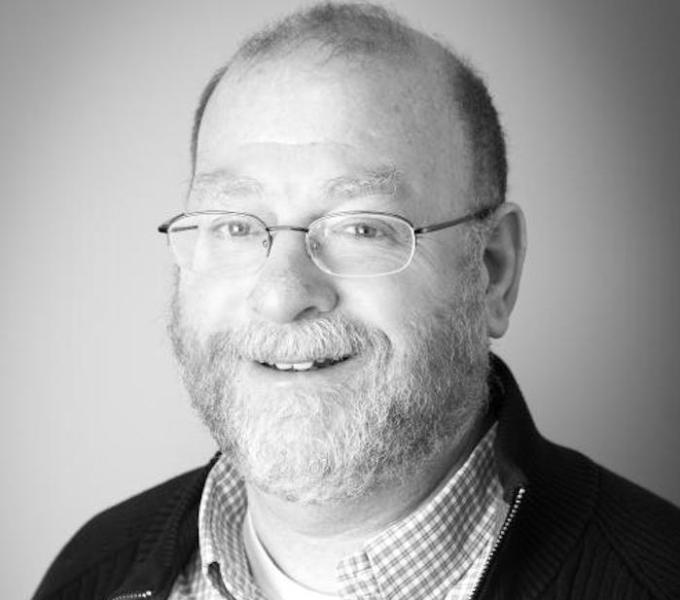
Cellular and Molecular Basis of Neurodegeneration
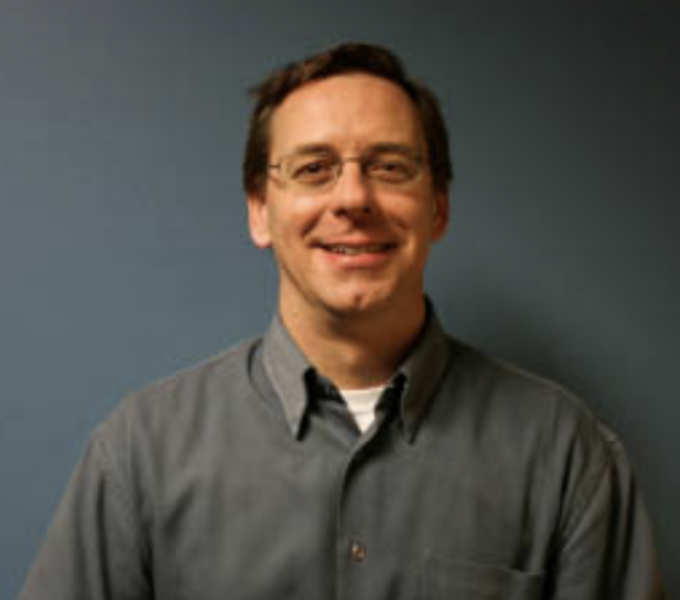
The Biodynamics Lab investigates the effects of age, injury, surgery, and rehabilitation on dynamic joint function.
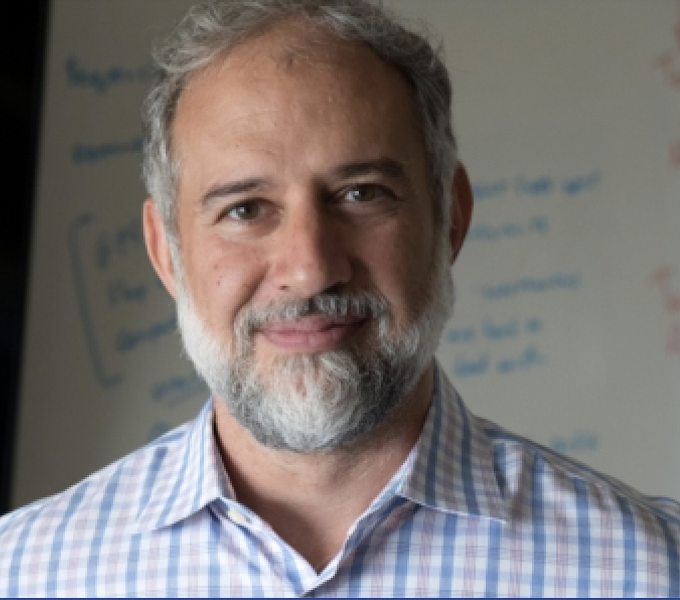
Neurophysiology of sensory-motor coordination, brain-machine interfaces
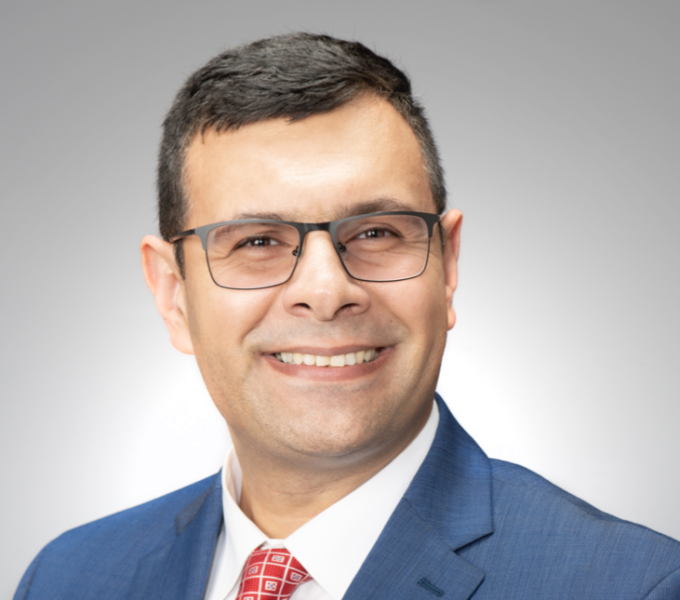
Dr. Benam is the founder of Translational and Multidisciplinary Lung Microengineering Lab, which brings together researchers from the engineering, biology, bio-pharmaceutical industry, clinical and business communities with the aim of developing new technologies that recreate complex human organ pathophysiology in vitro, and applying them to discover novel therapeutics and personalized biomarkers. His research focuses on applying disruptive technologies that enable him and his team to elucidate cellular and molecular mechanisms that govern tissue pathology or offer protection during lung injury and host-environment interaction.
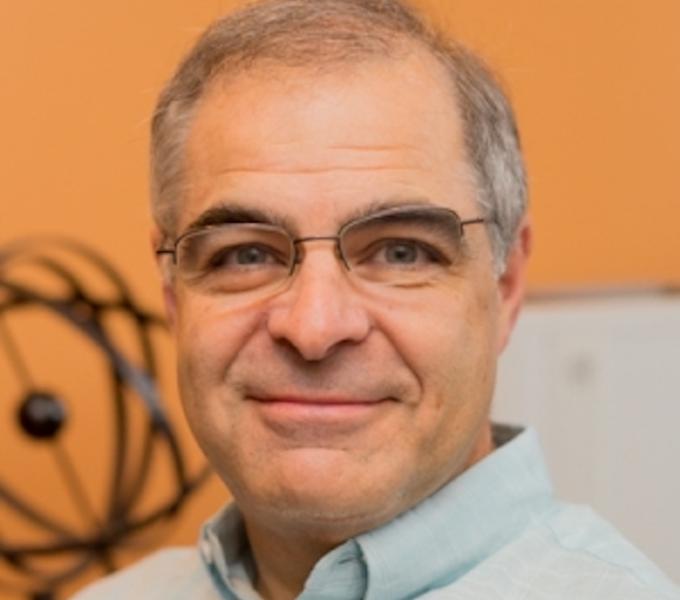
Big data analytics, predictive modeling, and dynamic modeling of disease
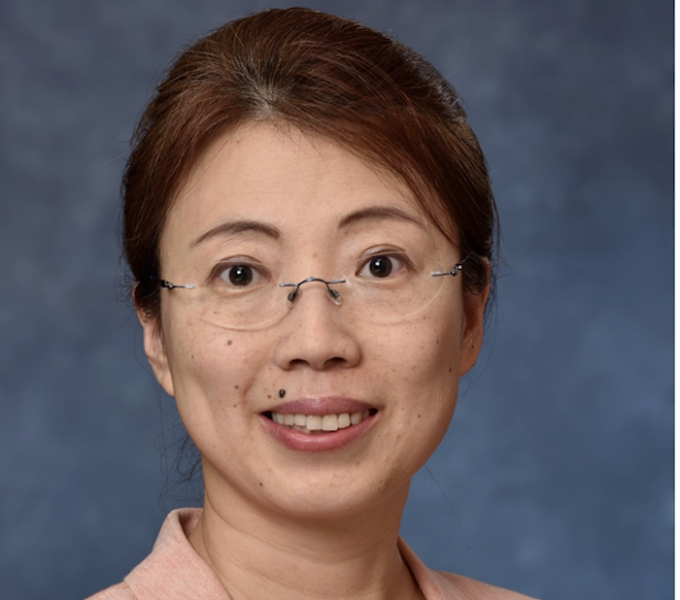
The intersection of neural engineering and biomaterials with specific focus on neural electrode-tissue interface, neural tissue engineering, biosensor and drug delive
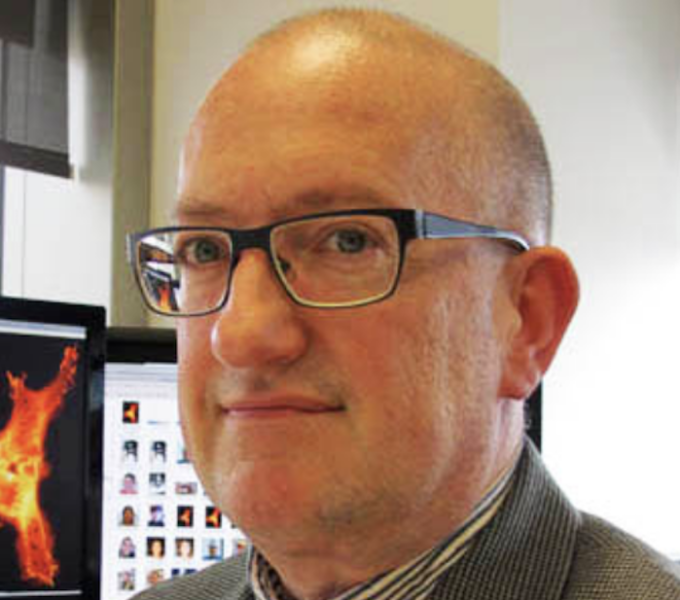
Our group combines experimental and theoretical approaches to reverse-engineer the inherently mechanical processes of cell and tissue development.
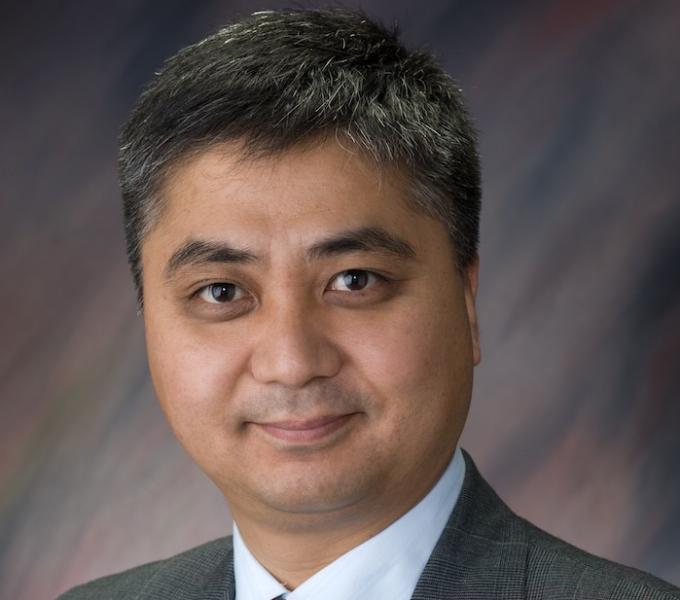
Develop & translate state of the art noninvasive imaging technologies to improve disease diagnosis, guide therapy, and evaluate therapeutic efficacy
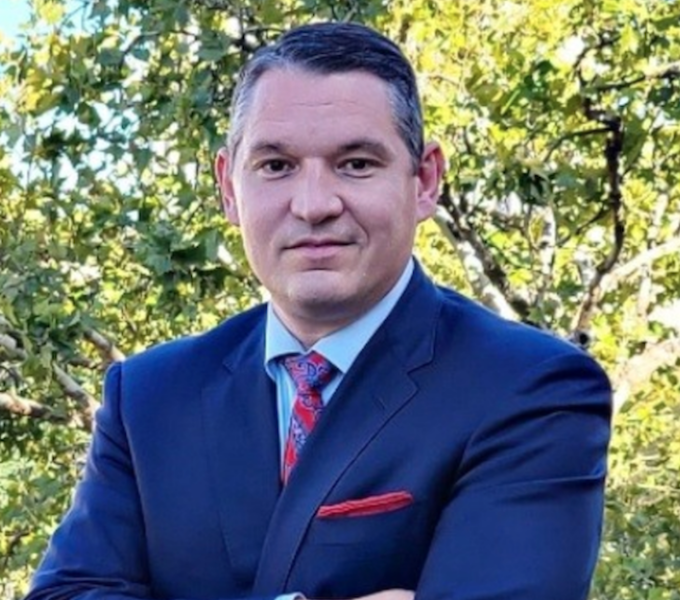
Drug Delivery, Biomimetics, Immunotherapeutics, Tissue Engineering, Biomaterials, Synthetic Systems
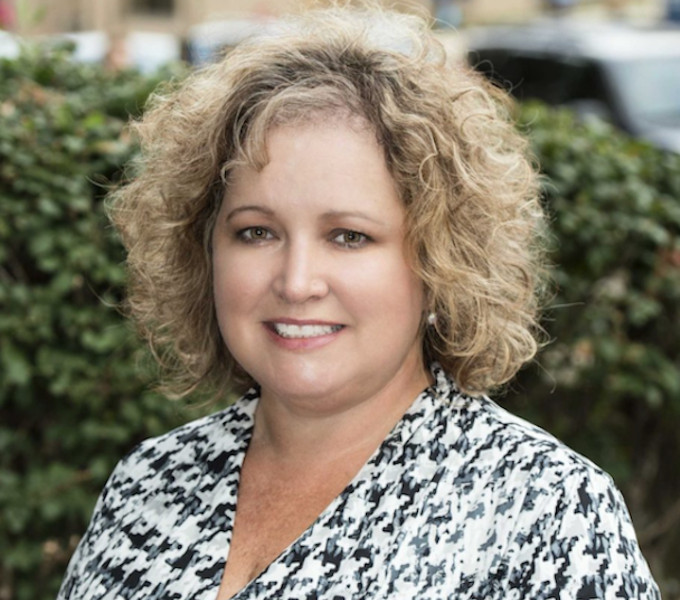
Tissue engineering (peripheral nerve and soft tissue), wound healing, and adipose stem cell therapies
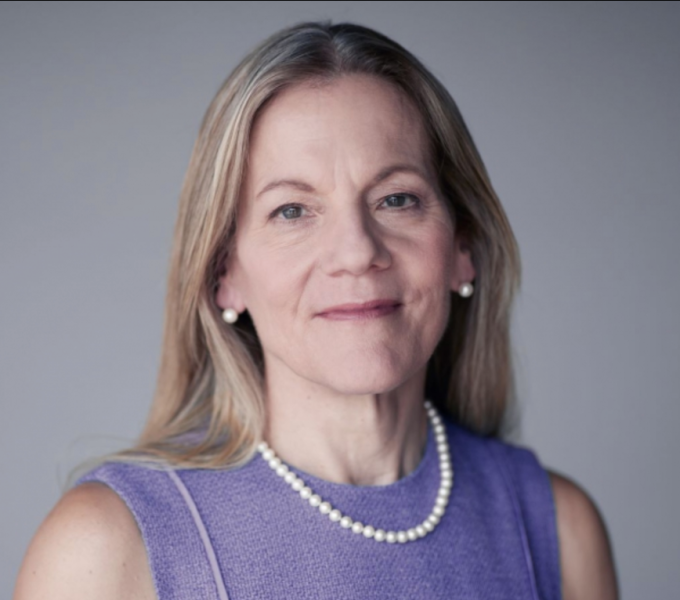
Use of novel regenerative materials in repair of pelvic organ prolapse and urinary incontinence
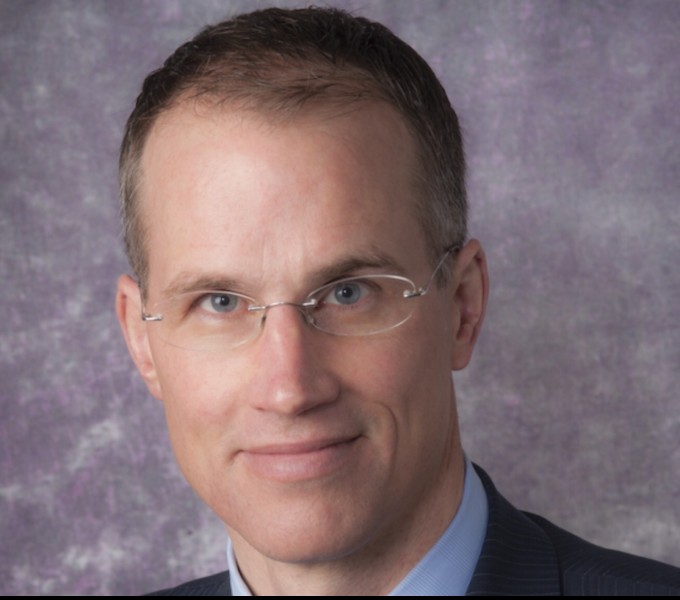
Research interests include knee and shoulder biomechanics, specifically rotator cuff tears

My group extracts biological insights and disease mechanisms from multiomics data including single-cell and spatially resolved data.
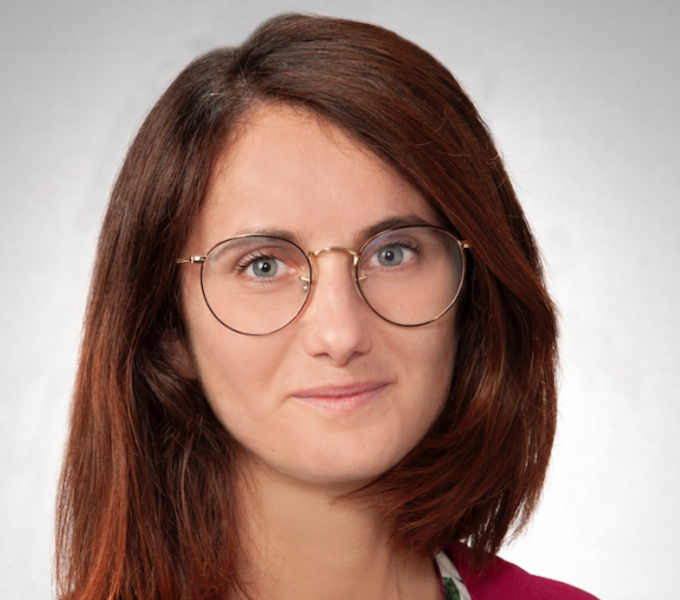
Stroke, motor control, proprioception, functional magnetic resonance imaging (fMRI), electroencephalography (EEG), biomarkers
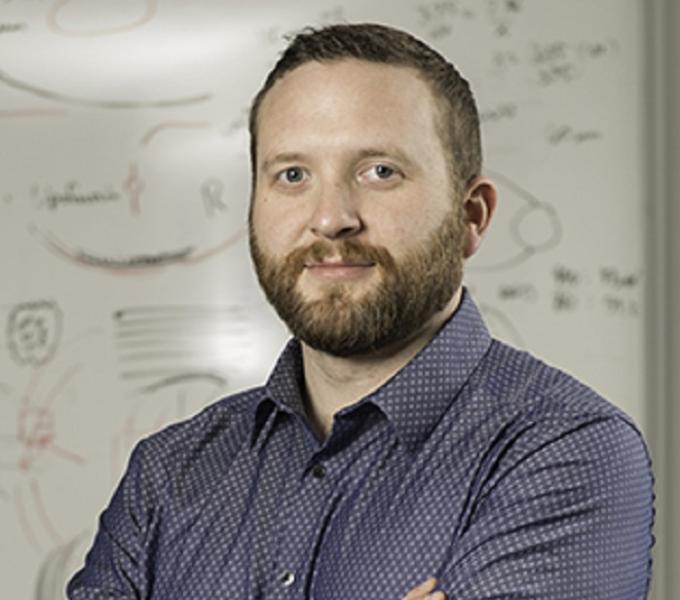
The living human retina and visual system in health and disease through the development and application of advanced ophthalmic imaging technologies
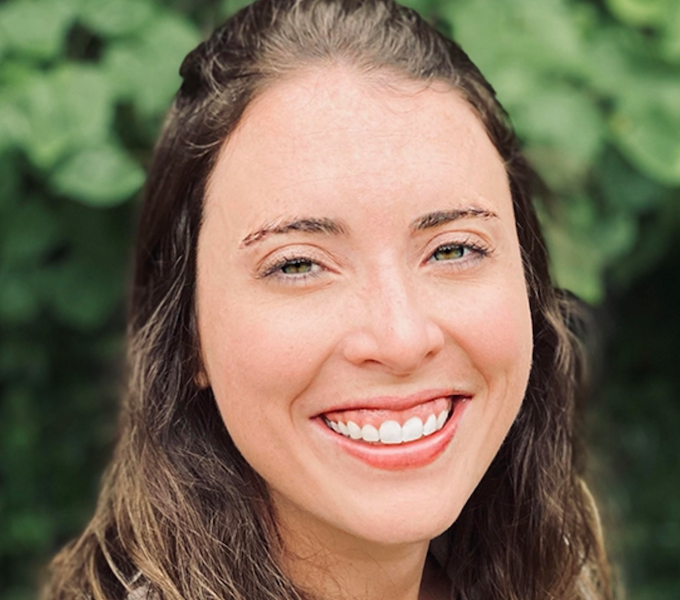
Dr. Shea utilizes microfluidic models and other flow-based assays to study hemostasis in the context of trauma and transfusion medicine. Dr. Shea is also interested in arterial thrombosis and thrombolysis.
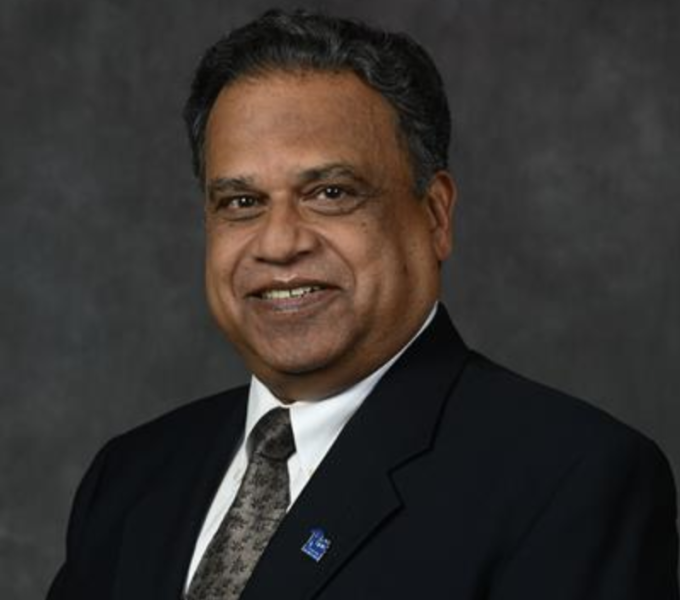
Cardiac structure-function: contractile/regulatory proteins, post-translational regulation, dyssynchrony
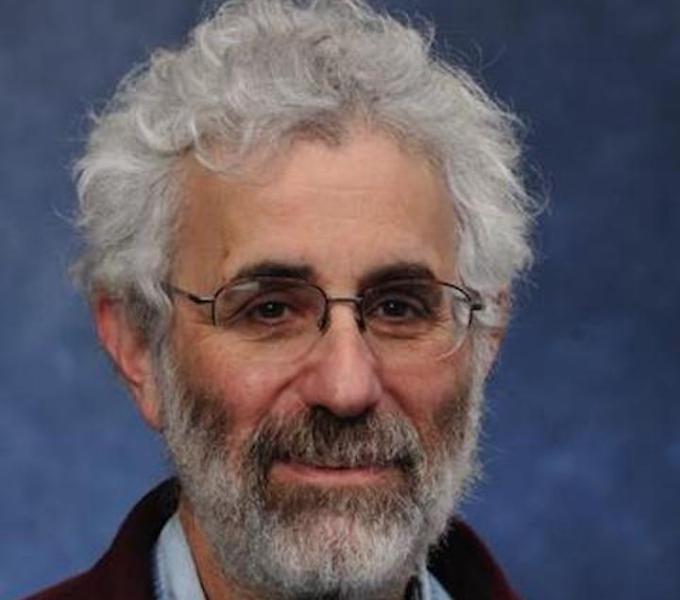
Image-guided surgery, medical image analysis, medical robotics, haptics, augmented reality, devices for visually impaired, music engineering
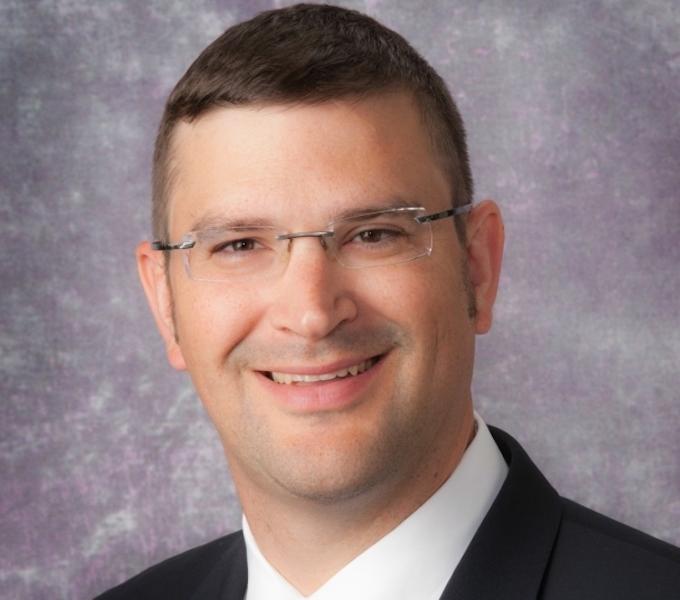
The focus of the Urish laboratory is on understanding implant biofilm dynamics during an infection and identifying new treatment strategies.
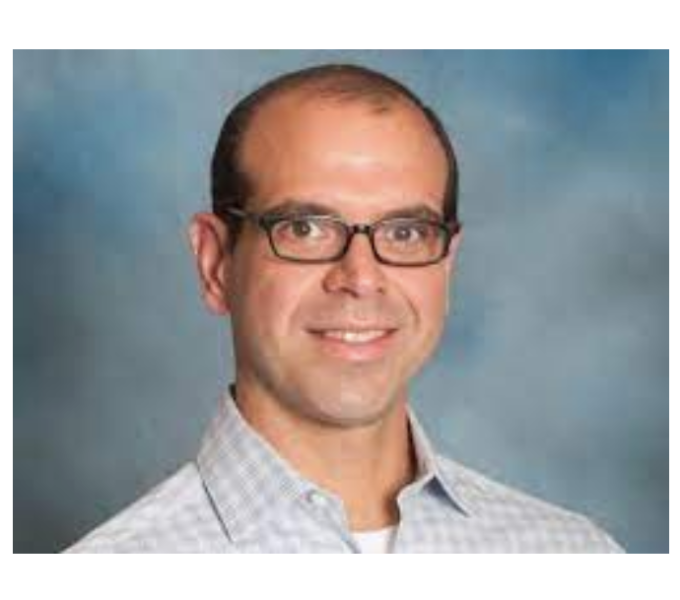
Brain imaging of neuronal, metabolic and vascular function and dysfunction
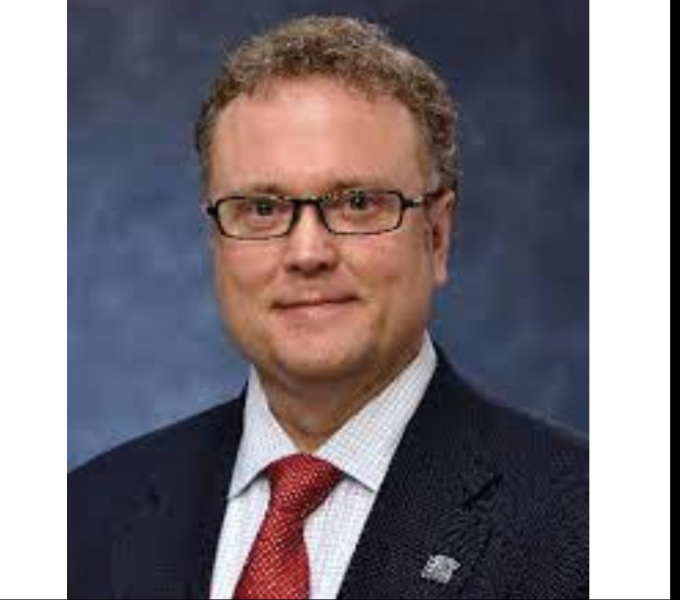
Vascular bioengineering in the context of vascular tissue engineering, aortic aneurysm, and regenerative medicine
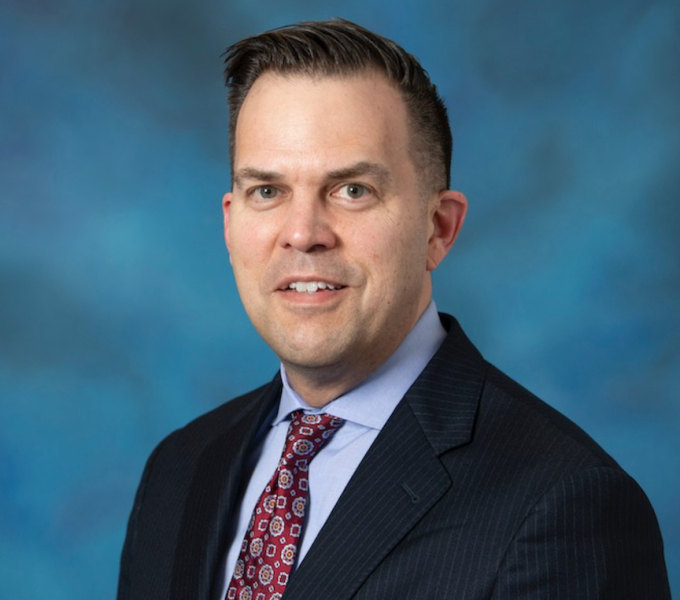
Cardiovascular engineering with projects that address medical device biocompatibility and design, tissue engineering, and imaging
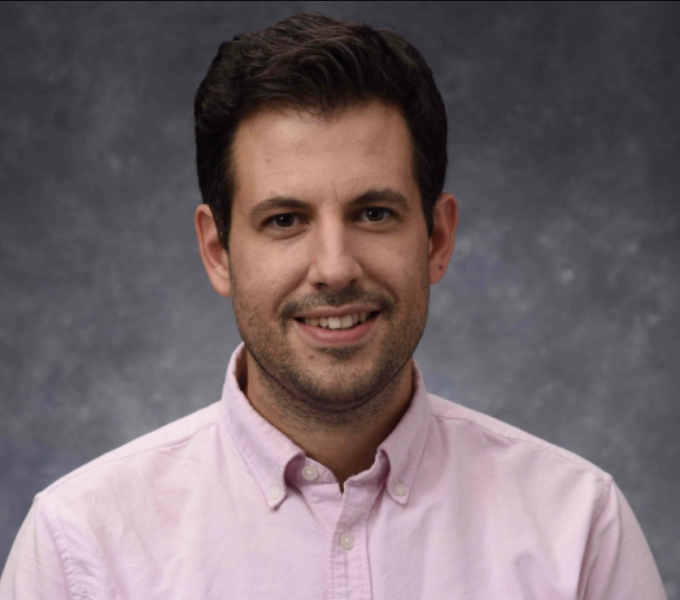
Our lab employs microfluidic technologies, systems biology modeling, and 3D cell culture platforms to investigate the role of complex microenvironments on cell growth, migration and response to environmental/therapeutic stressors in health (tissue homeostasis) and disease (cancer).
